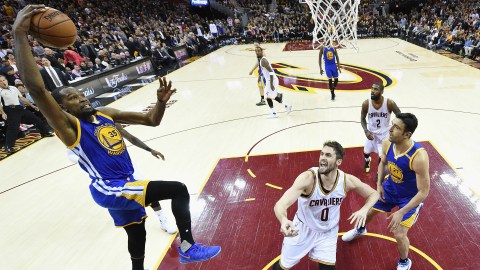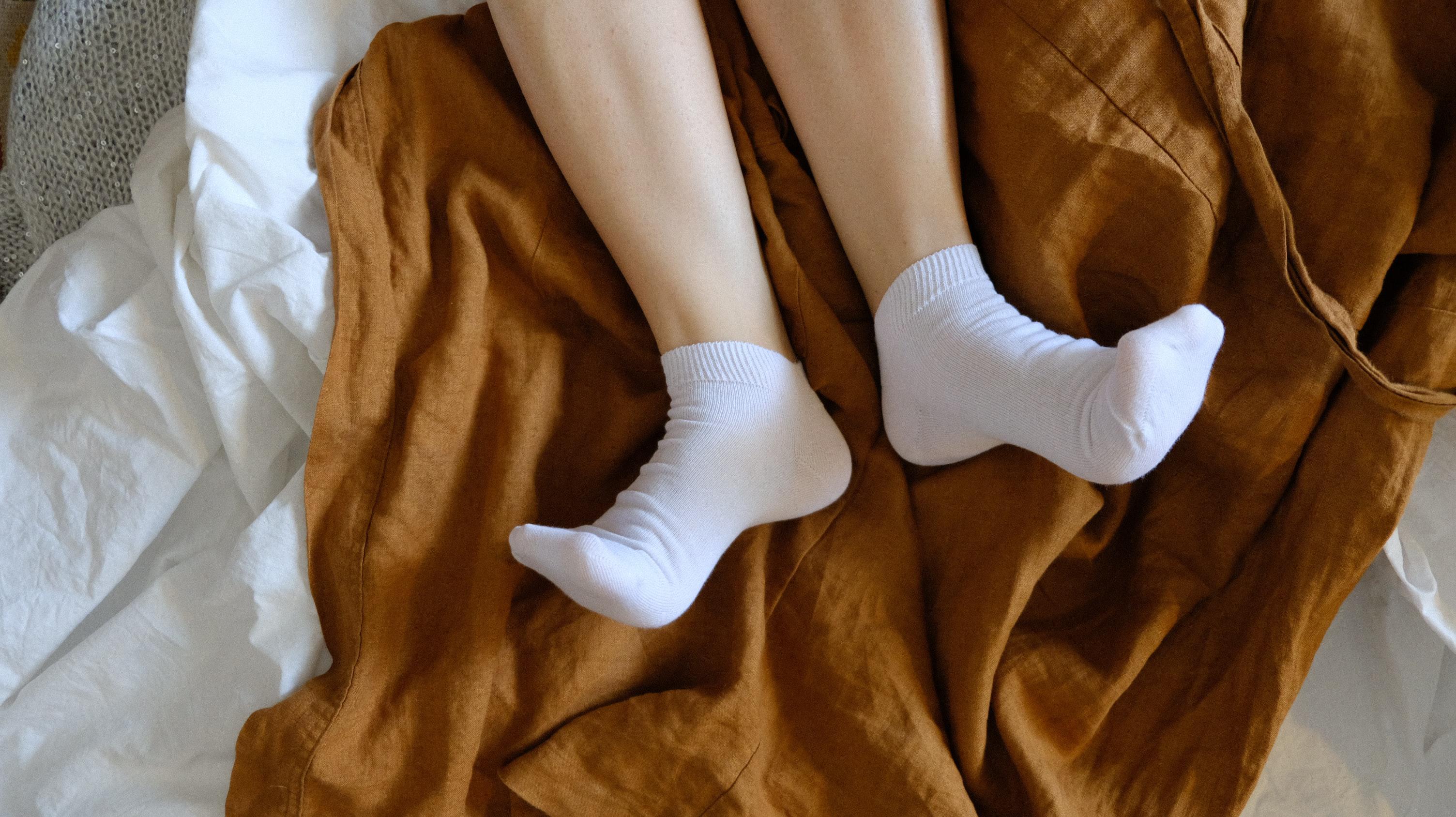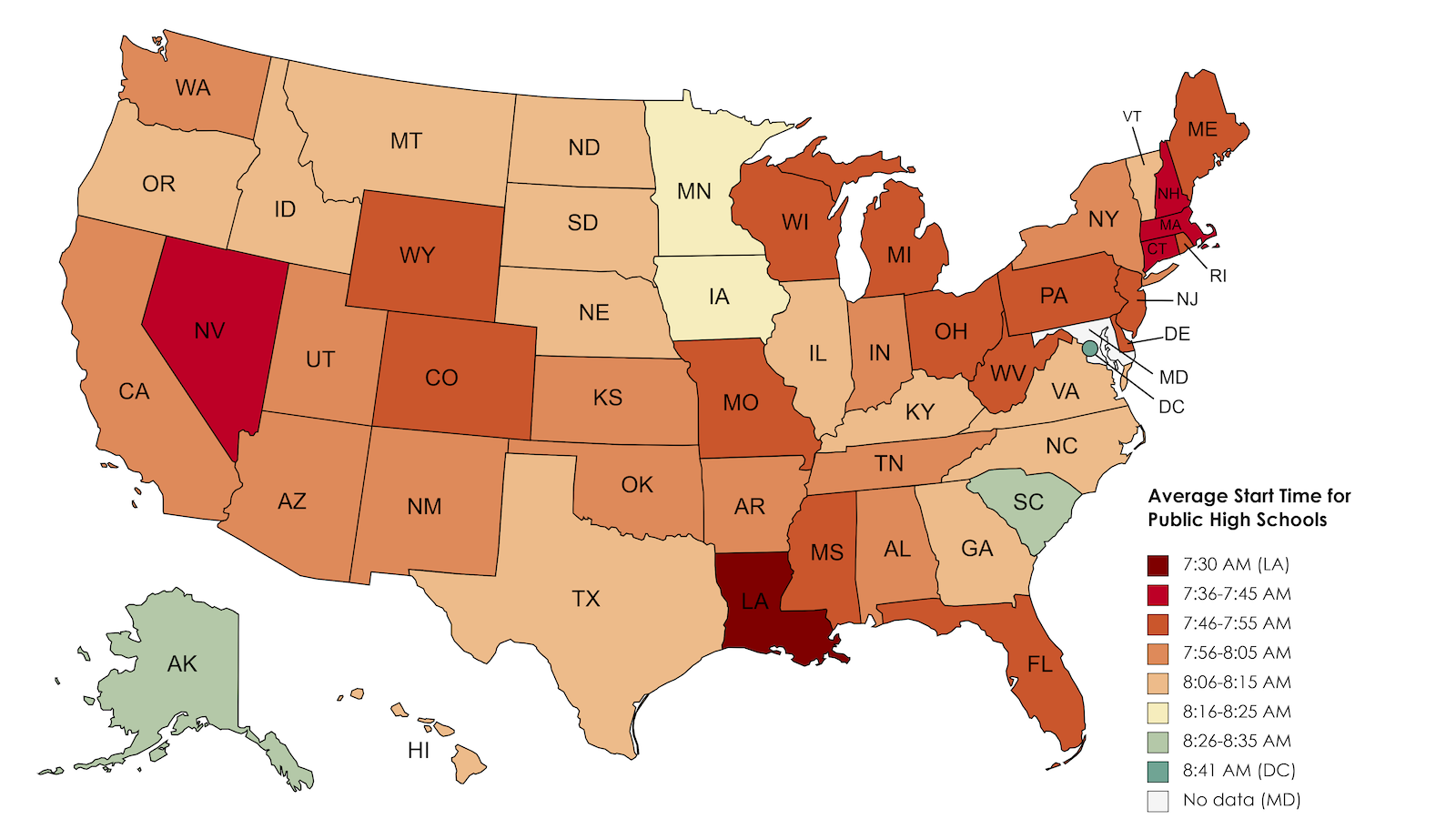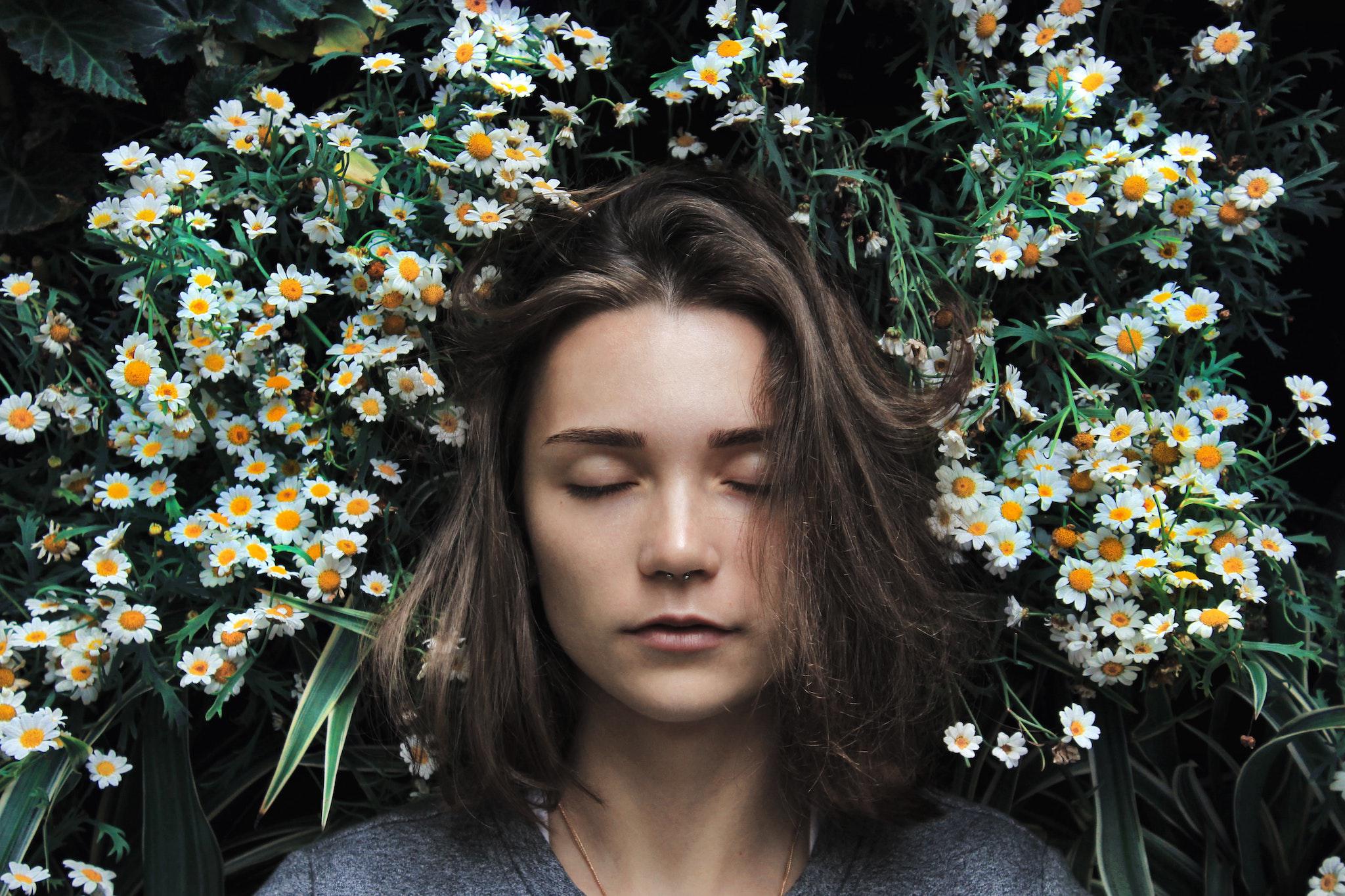Study Shows How Late-Night Tweeting Causes Professional Athletes To Drop the Ball

A recent study, published in the online supplement of the journal Sleep, shows that NBA players performed worse in games when they had Tweeted between 11 p.m. and 7 a.m the previous night.
Compared to games in which they hadn’t been Tweeting the night before, players:
For the study, researchers looked at the Twitter use and performance statistics of 112 NBA players over seven seasons from 2009 to 2016. Sleep deprivation, researchers claim, was responsible for the substandard performance:
“Using late-night tweeting activity as a proxy for being up late, we interpret these data to show that basketball skills are impaired after getting less sleep,” said lead researchers Jason J. Jones, PhD, Assistant Professor of Sociology at Stony Brook University in New York. “While experimental studies have shown the impact of sleep deprivation on performance, this study uses big data to provide interpretable results on real-world performance of basketball players.”
Researchers suggest the results apply beyond the sports world.
“Our results demonstrate a broader phenomenon: To perform at your personal best, you should get a full night of sleep,” said study co-author Lauren Hale, PhD, Professor of Family, Population and Preventive Medicine at Stony Brook University.

The findings add to the growing body of research on the relationship between technology use, sleep and performance.
In May 2017, Australian researchers published a longitudinal study that analyzed the sleep patterns and phone use of 1,001 high school students over the course of three years. The results showed that poor sleep quality as a result of using phones at night was linked to higher levels of depressive moods, lack of coping ability and low self-esteem.
Lead researcher Lynette Vernon noted two main components of phone use—besides, well, using the phone itself—that can disrupt sleep:
Getting better sleep
It’s commonly suggested that you can get a better night’s sleep and keep your circadian rhythm in check by putting your phone down roughly an hour before bed. But it turns out that might not be necessary: A study from 2016 showed that exposure to bright light during the day seemed to mitigate the disruptive effects of blue light at night.





